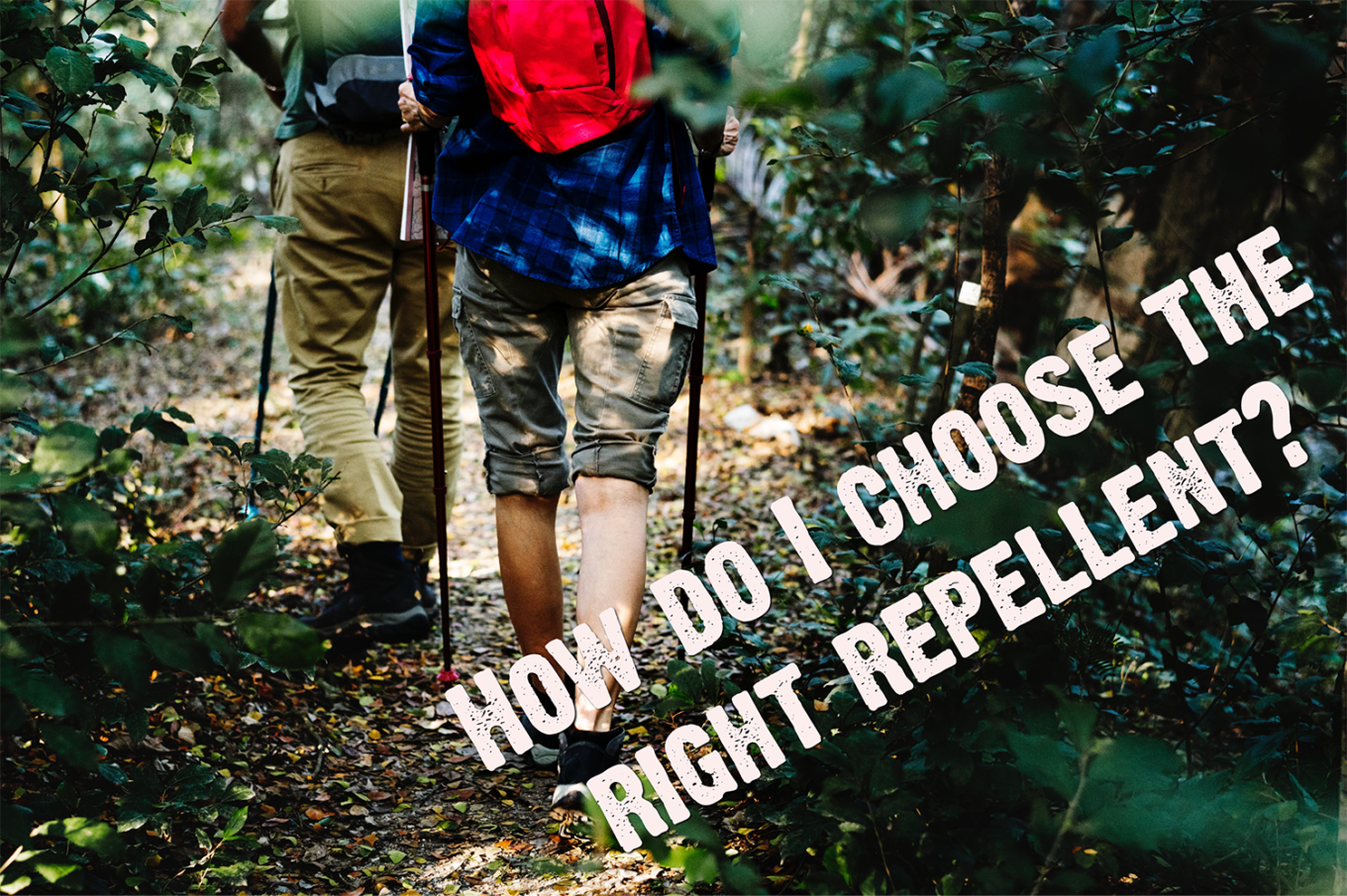
July 26th, 2019
How do I choose the right repellent?
By Erin Foley, Assistant Trial Manager, ARCTEC
The summer has arrived! So many of us rejoice at this sunny season – it is a time for festivals, beaches, beer gardens and outdoor fun! But of course, with such beautiful weather also comes an abundance of bugs, drawn to the open buffet that is our exposed skin.
Now, whether you are travelling abroad this summer or simply enjoying the delightful weather that the UK currently has to offer, it is so important to protect yourselves and your loved ones. Every body is a beach body, but it is up to you to be bug body ready!
Bug Off! is here to help with a handy FAQ on repellent use:
Why should I use insect repellent?
Insect repellents provide you with protection from a wide range of insects, from mosquitoes to midges. Many insects are vectors of human disease and as the old saying goes ‘prevention is better than cure’. In disease-endemic countries, repellents are integral. So always be sure to do your research before you travel abroad.
But even in the UK and other countries that are lucky enough to not have to worry about vector-borne diseases, prevention of insect bites is still paramount.
Many of us get bitten frequently in our own backyards, and the reaction to these bites can range from nothing at all, to a severe allergic reaction (i.e. anaphylaxis). These bites may also become infected – cellulitis (a bacterial infection) caused by insect bites is common, and if left untreated can become serious, even fatal.
Even disregarding all of the above – being itchy is a nuisance!
How do I choose the correct repellent?
At this time of year, the shelves of pharmacies and supermarkets are inundated with different repellent products – but, which is best?
The short answer is that you must check the label for two vital pieces of information – the active ingredient, and the concentration.
The four most commonly available and effective active ingredients are DEET, PMD, Icaridin (which may also be referred to as Picaridin) and IR3535. All of these actives are fit for purpose to use as a repellent, at a concentration of 20%-50%, however IR3535 is not suitable for disease-endemic regions.
Topical repellents provide a high level of protection as these are applied directly to the skin.
Is there a correct way to apply repellent?
Yes! You should always read the label of any repellent product for instructions on application, but there are a few golden rules you must follow:
> Put sunscreen on before applying repellent, but make sure to use a higher SPF than you would normally.
> Apply repellent evenly over all exposed skin.
> Repellents wear off, so they need to be reapplied – especially in warmer climates!
> Mosquitoes can bite throughout the day as well as the evening and night, so be sure to apply repellent all throughout the day!
Why do repellents need to be reapplied?
Over time, repellents can evaporate/rub off/be absorbed into the skin. Most repellents last between 4-6 hours, but always check the label for advice on protection times.
Can I use repellents on my children?
Yes! Typically, topical repellents are recommended for children of all ages. DEET is generally considered to be safe for use on children over 2 months old. But again, always check the label. Additionally, repellents should always be applied to children by an adult.
I’m pregnant. Can I still use repellent?
Yes! The US EPA says that if repellents are used correctly, with care taken to avoid the nose, mouth and eyes, then extra precautions are not necessary in pregnant or nursing women. Pregnant women must take care to prevent insect bites, particularly in Zika endemic regions. But again, always check the label.
Hopefully now, you are all clued up on repellents and you can now be bug body ready! Here’s to a beautiful, enjoyable, itch-free summer!